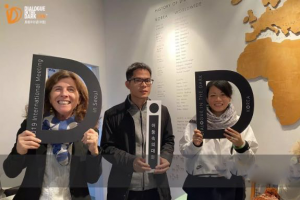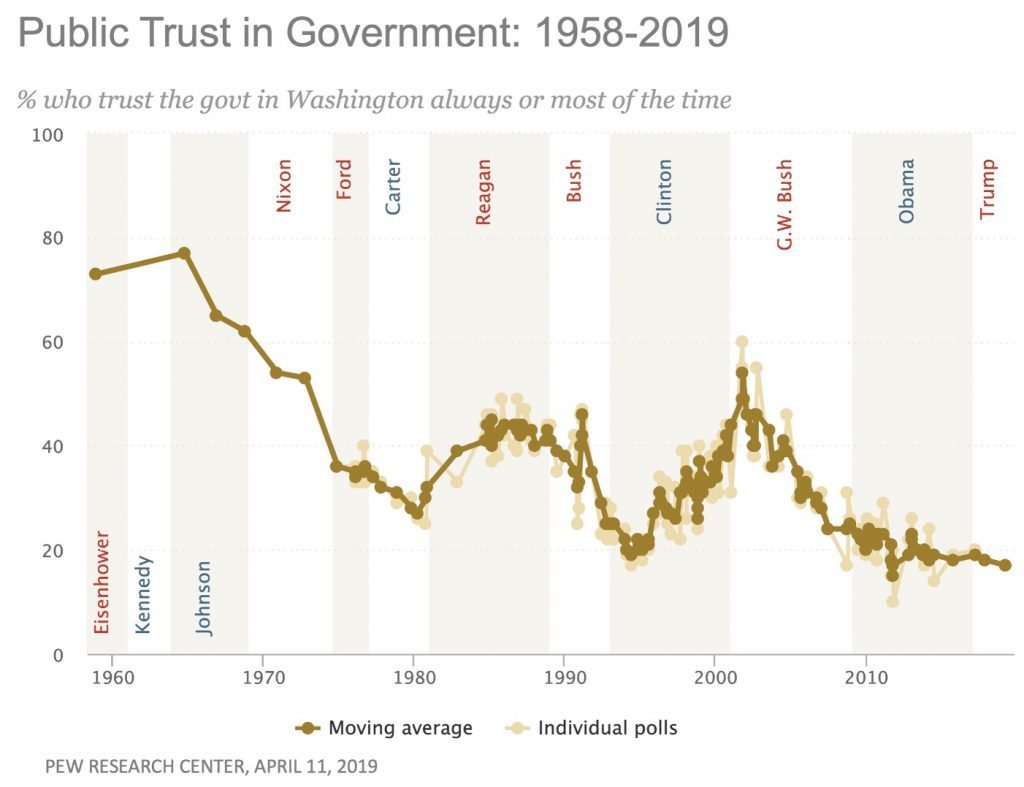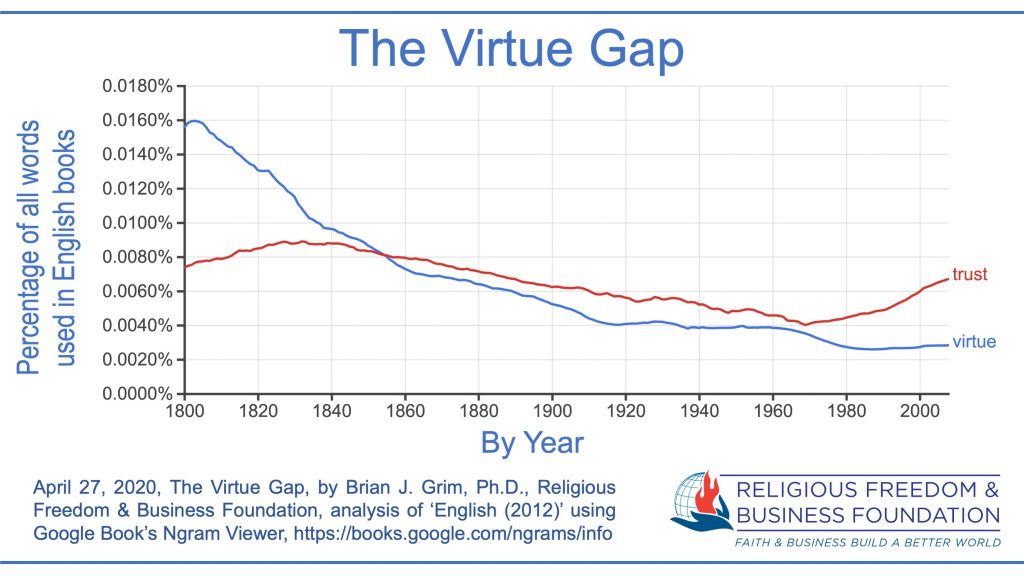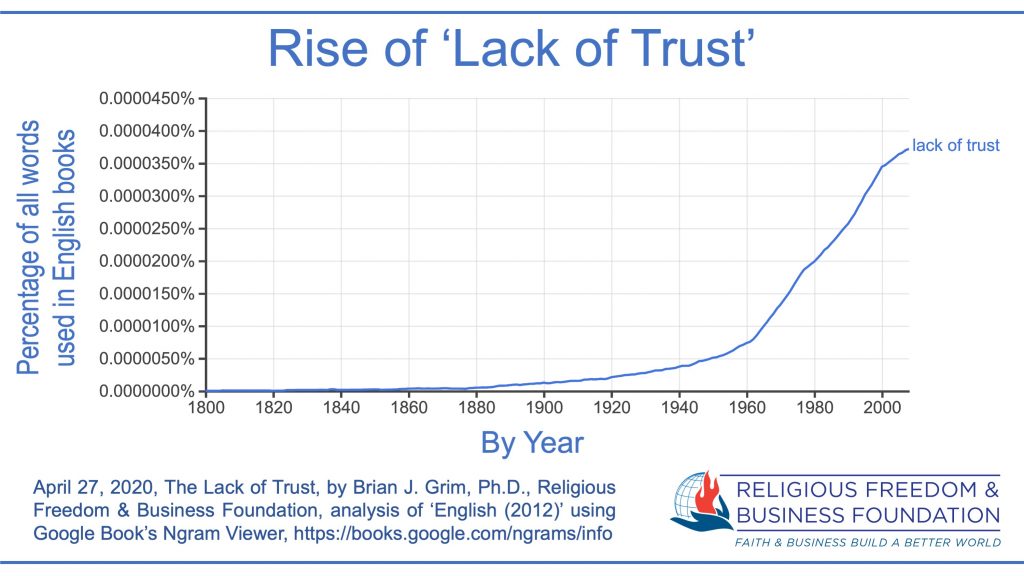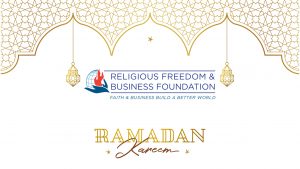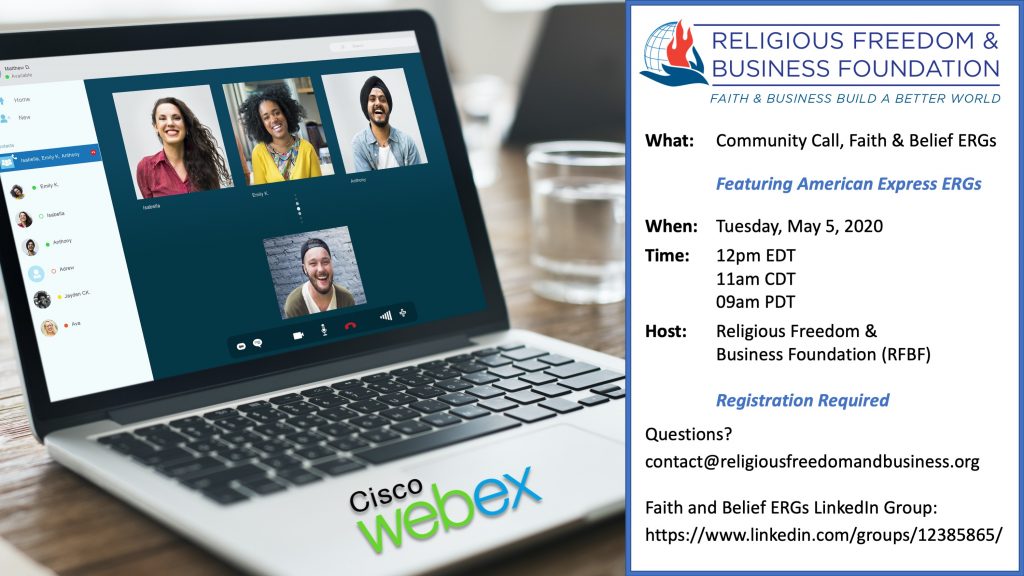
Executive Director, National Association for County Community and Economic Development
Around my office at the secular nonprofit where I work, there are small physical markers of my Catholic faith on display: a candle with an image of Our Lady of Guadalupe, a small crucifix under my monitor, a prayer card for St. Dominic. My team knows I sometimes step out in the middle of the day to attend daily Mass at the cathedral down the street.
Returning to Faith
I was not always a practicing Catholic. Although I was baptized and received First Holy Communion as a child, my family stopped attending church shortly after. Other than attending on holidays (and even then, sometimes not), I was not raised to actively practice my faith.
It wasn’t until my late 20s, after a few big life changes, including graduation from grad school at American University, moving to another state, and the start of my current career, that I began searching. I remember feeling that I didn’t have all the answers; I wondered about the purpose of life and sought answers on how to live in a way that held meaning.
Figuring that the faith of my childhood was as good a place to start as any, I began attending Mass here and there, and I learned to pray the rosary. Now and then Mass attendance became weekly, or sometimes daily, and I decided to be confirmed in the Church.
After confirmation, I experienced a peace I had not known. While being a Christian and living a faith of life doesn’t mean your life is suddenly easy, it does mean that at least you know why you are living. The call to serve God transcends just the home and personal relationships; it is why, even in the workplace, my faith informs who I am and how I lead.
The Golden Rule
The Golden Rule tells us to “treat others as you want to be treated.” Or, as Jesus said, “Love thy neighbor as thyself.” (Matthew 22:39)
For Catholics, this means to truly see the face of Jesus in all you meet. Jesus also tells us: “For I was hungry and you gave me food, I was thirsty and you gave me drink, a stranger and you welcomed me, naked and you clothed me, ill and you cared for me, in prison and you visited me.’ Then the righteous will answer him and say, ‘Lord, when did we see you hungry and feed you, or thirsty and give you drink? When did we see you a stranger and welcome you, or naked and clothe you? When did we see you ill or in prison, and visit you?’ And the king will say to them in reply, ‘Amen, I say to you, whatever you did for one of these least brothers of mine, you did for me.’” (Matthew 25:35-40)
What does this mean for work? At a basic level, it influences customer service and how I manage my many relationships, including with volunteers, sponsors, a Board of Directors, and of course, my own staff. The Golden Rule means I strive to exercise patience even when it is difficult, practice empathy, and try to see the other side. It also means my interactions must be grounded in respect.
At the same time, if Jesus lives in others, that must mean he lives in me. Therefore, that respect is a two-way street. Because I believe in this fundamental dignity of others, it means I respect them enough to surface conflict as it arises, and trust them to do their work. These are critical behaviors contributing to an overall positive culture and work environment.
Community
One of the core beliefs of Christianity is the importance of community. We see our lives as inextricably linked with others,’ and this principle is grounded in the philosophy of the Body of Christ. As St. Paul described it: “As a body is one though it has many parts, and all the parts of the body, though many, are one body, so also Christ. For in one Spirit we were all baptized into one body, whether Jews or Greeks, slaves or free persons, and we were all given to drink of one Spirit.” (1 Corinthians 12:12-13)
He goes on to describe how all parts of the body are dependent on each other: “If a foot should say, “Because I am not a hand I do not belong to the body,” it does not for this reason belong any less to the body.” (1 Corinthians 12:15) In the community of the workplace, we also see how dependent we are on each other.
Workplace teams are like a microcosm of the Body of Christ described by St. Paul. While I may serve a particular role as an executive director, others on the team serve equally important functions, and I cannot perform those roles. How can the event planner be the accountant, or the admin assistant the lobbyist? And just as in the Body of Christ, the part impacts the whole. For a team to be fully functional, all pieces must work together. Together we are successful, but working in silos, we may miscommunicate, miss deadlines or fall short of revenue goals. At work, community is often our greatest strength.
Emphasizing the importance of each individual’s role and responsibilities – and giving them the freedom to serve their role – creates not just role clarity, but mission clarity, too. If each individual is secure in their position on the team, then the team is stronger and more productive.
Charity
Charity is another element of the Catholic faith that does not only occur solely at church or in the home. Jesus tells us, “Everyone to whom much is given, of him will much more be required.” (Luke 12:48) That means even businesses and professionals, particularly those experiencing material success, have an obligation to give back.
Many companies practice charity by hosting events or employee competitions to raise money for a cause. Some bake corporate social responsibility (CSR) strategies into their annual budget so that a certain percent of profits each year goes to charity.
My own work is guided by this belief in the necessity to give back and share blessings. In multiple professional settings, I have served as a CSR Chair, organizing volunteer events or raising awareness about specific causes for employees. I have found that these events provide an opportunity for colleagues to get to know each other in a new way outside of work, which often leads to deeper relationships and builds trust. It is wonderful and freeing to recognize one’s own material blessings and share them with others.
Virtue
The Catholic faith calls us to grow in virtue, because we believe that to live a virtuous life means to live a happy life. The virtues include prudence, justice, fortitude, temperance, humility, and other virtues that dispose one to behave in a good or moral way.
In the office, as in other parts of my life, I seek to act in a way that is virtuous and reflective of my values. Cultivating humility reminds me that I am not always right, and can learn something from those around me. Prudence instructs me on how to make informed, rational decisions, rather than reactive decisions. Fortitude shows me how to persevere through challenging situations. And temperance teaches me to temper my work relationships with the appropriate amount of professionalism and warmth. It also teaches me not to overindulge at the company Christmas party!
Prayer
If not for my prayer life, I would not be as centered or as effective a leader. I have found that achieving deep prayer cultivates virtue and aids in decision-making.
For those in leadership, the ability to develop and maintain self-awareness of one’s motivations is critical. Engaging in conversational forms of prayer with God, my own motivations and inclinations are uncovered. Why did a comment bother me? Why am I really making this decision? What fears are holding me back?
Setting aside time every day to pray or mindfully reflect cultivates practical virtues like humility, wisdom and gratitude. I also pray for those who I work with, and especially those who report to me. It is difficult to remain irritated at someone you pray for! Praying for others also aids in forgiveness. Even when I travel, I am sure to bring a small Bible and at least a rosary to maintain the routine in the midst of a different environment. My prayer practice calls me back to myself.
Conclusion
My faith does not just belong in the church or home. God calls me to be His at all times, including at work. If I did not have my Catholic beliefs, I am sure I would still act ethically, as do so many non-Christians in the workplace. However, these beliefs help me to apply a more human, empathetic element to the work I do and to the colleagues I interact with. It is more than simply doing the right thing, it is elevating work to something spiritual, an offering to God.




